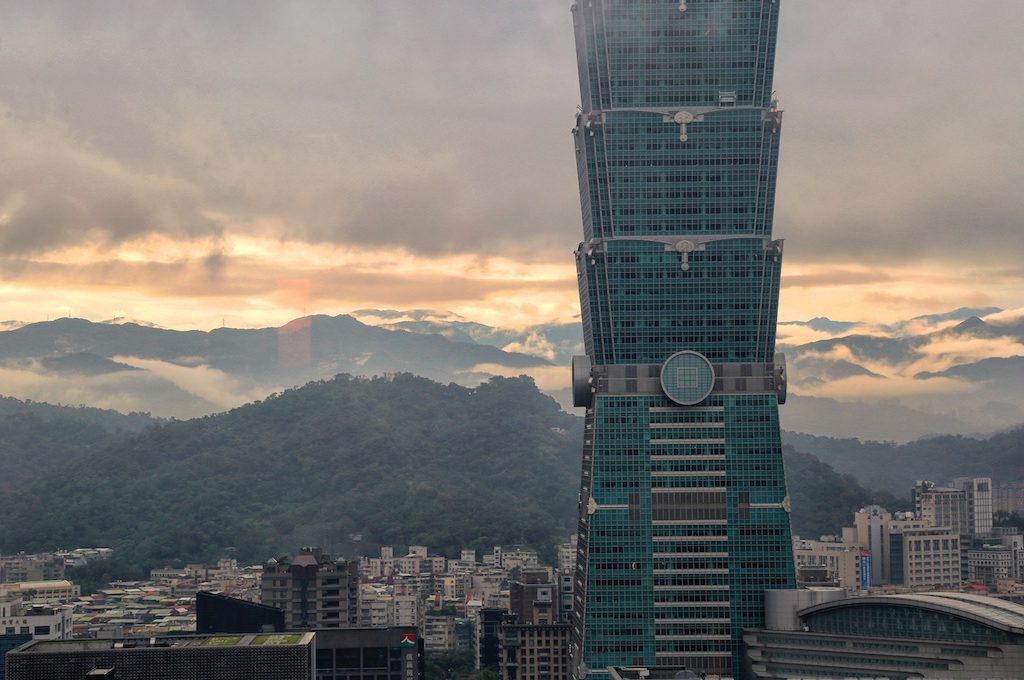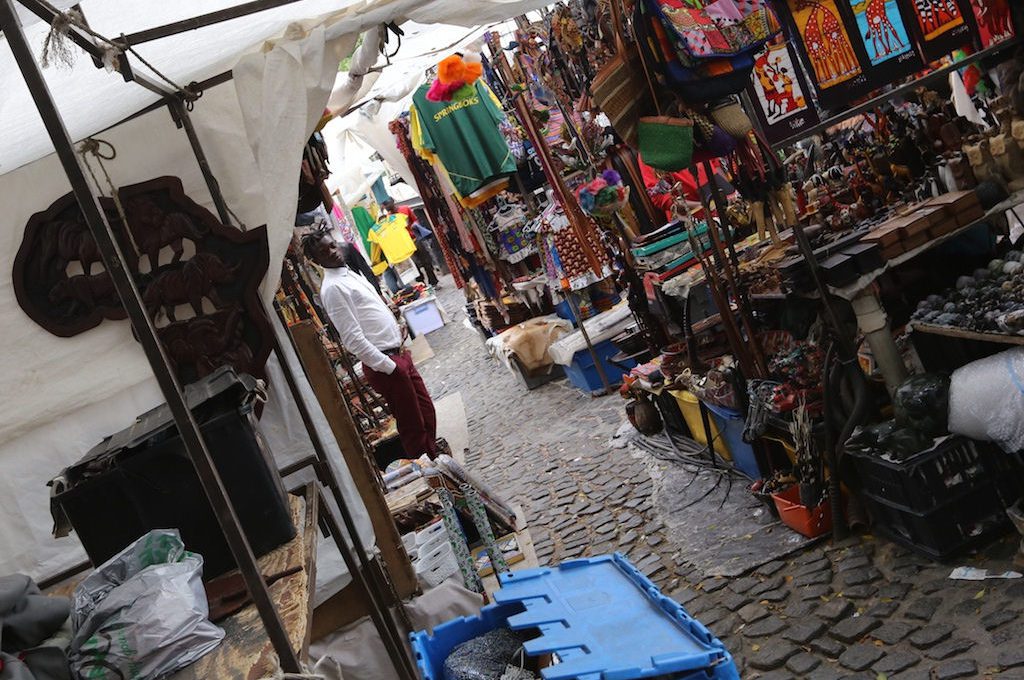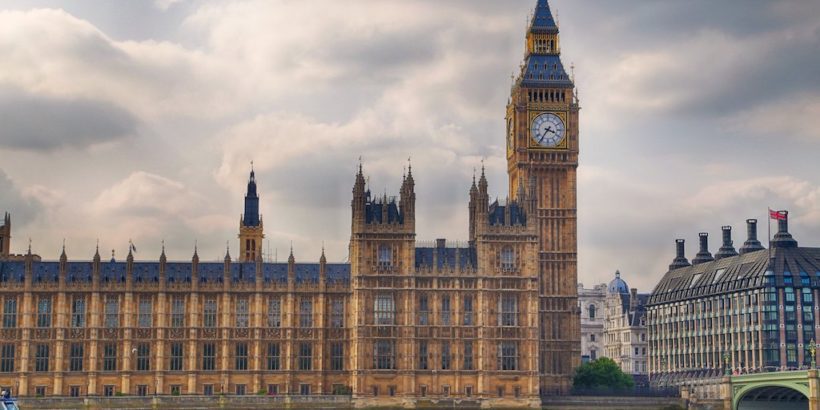You’ve probably heard the terms “world traveler” and “well traveled” before but what exactly do they mean?
Are these two terms synonymous or are there meaningful differences between them? And are you a world traveler or well traveled?
In this article, I’ll also share some of my own thoughts on what these terms mean and why they may or may not be important.
What does it mean to be a “world traveler?”
What it means to be a world traveler will likely differ based on your personal travels and exposure to other travelers.
To someone who has never ventured outside of their home country (or perhaps even their home state), a world traveler could look like someone who has visited a few countries in Europe, Asia, and perhaps an additional continent or two.
To a more experienced traveler, a world traveler might be someone who has visited 50+ or even 100+ countries.
So world traveler status is obviously very subjective and you will not find one universally agreed-upon threshold for countries visited in order to be a world traveler.

When I think about what a world traveler is, I think about somebody who has visited a lot of countries but more importantly explored diverse regions of the world.
Europe has nearly 30 countries and so you can spend a lot of time traveling to various closely connected countries in Europe and rack up a pretty impressive country count even over one summer.
There are a lot of unique and distinct cultures within Europe and so traveling through that continent would definitely give you a vast array of cultural experiences.
However, some countries like the Netherlands and Belgium or Portugal and Spain are very similar. In other words, if you wanted to travel between these countries, the non-language adjustment you would have to make would be minimal.
That’s why to me in order to be a world traveler you need to have experience in many different regions of the world.
But how should you define a region?
Lots of people think about being a world traveler in terms of how many continents they have visited so that could be one way to define a region.
For example, someone might argue that you should visit six of the habitable continents before you are considered a world traveler. Heck, some people might even throw Antarctica in the mix.
But I don’t like that approach because cultures vary way too much within continents. So I think it’s more helpful to think about different regions in terms of “mid-level cultures.”
These would be collective cultures that exist somewhere between continents and countries.
So I think it is much more helpful to break down regions into something like the following:
- Western Europe
- Eastern Europe
- Mediterranean Europe
- Central Europe
- Nordic Europe
- Northern Africa
- Western Africa
- Southern Africa
- Central Africa
- Middle East
- South Asia
- Southeastern Asia
- Central Asia
- East Asia
- Western Asia
- Andean South America
- Southern Cone South America
- Brazil
- Guyanas
- Australia
- New Guinea & other islands
- US/Canada
- Mexico/Central America
- Caribbean
(Note: this is not a comprehensive or well-settled list — just an example I put together in a few minutes.)
I think a world traveler is someone who has visited at least half of the (somewhat agreed-upon) regions of the world and has thus experienced the “majority” of the world’s (mid-level) cultures.
So to me, the country count is irrelevant for world traveler status.
I would much rather have in-depth travel experiences in ~20 countries covering 14 of the regions above than visit ~40 countries in only 7 regions.
One way to think about this distinction is to think about what it would be like to just hop between different countries.
Unlike hopping over to a neighboring country in the same region, hopping over to a different region usually forces you to re-acclimate in a much more demanding way. You often need to adjust to vastly different laws, languages, customs, climate, geography, and general ways of life.
In other words, the contrast between the countries jumps out at you in a much more profound way.
Some people might put more emphasis on exploring and appreciating the nuances between different countries within the same region.
Don’t expect to need to adjust too much when going between countries like the Netherlands and Belgium but when moving between countries in other regions you’ll still sometimes notice stark differences.
For example, the countries that make up Southeast Asia have a lot of key differences in religion, food, attitudes toward tourists, etc.
Sometimes the countries within the same region can be much more diverse than you would expect. But on average, it’s not going to be on the same level as what happens between different regions.

What does it mean to be well traveled?
Like defining a world traveler, defining what it means to be well traveled is ultimately a subjective determination.
The dictionary definition goes like this: “having been to many different places, especially to many different countries.”
But if you ask me, to be well traveled is to have had many meaningful travel experiences that have had profound effects on your life.
I’ve traveled to some countries where I spent most of my time relaxing in a luxury hotel, sipping champagne in swanky lounges, and soaking in hot tubs.
On some of those visits, I’ve (unfortunately) only spent a small amount of time venturing into the heart of cities and neighborhoods. It’s not my preferred way to travel but I’d be lying if I said I didn’t enjoy those experiences for what they were – a welcomed break from the grind.
But on those occasions, I left the country not feeling like I made any kind of meaningful connection with the place or the people that call it home.
I actually think that style of travel is okay, though. Not every visit to a new country has to blow you away with self-revelations or require total immersion in a culture.
But contrast that experience with the one I had in Cape Town, South Africa.
We explored the city nonstop for several days and capped it with a historical tour of sites that played a crucial role during apartheid. From Robben Island to District Six, we learned about the tragic events that took place and even met with some locals who had riveting stories to tell.
That’s an experience that made an immediate impact on my life and continues to do so today. Not only did I learn a lot, but I connected to those events and the stories in a way that I could have never done without traveling.
On the flip side, I also experienced what it was like to be harassed unrelentingly by locals outside of a market, which was uncomfortable and quite frankly a little bit scary.
Yes, it probably made me a more confident and resilient traveler but it also left me conflicted about my time in Cape Town.
Should I have just given them the money they were seeking? Or was I in the right for standing up against them? Did I even like this place?
To me, being well traveled is also about having experiences like those. Moments that leave you questioning things and sometimes wrestling with a bit of discomfort (aka being outside of your comfort zone).

Ironically, it’s not realizing how different every culture is that makes you well traveled, it’s realizing how similar the people are who make up those cultures.
Sure, the tastes for food, entertainment, and architecture can be vastly different across regions. And we all know how wild some religions and beliefs can be.
But when you boil it all down, you realize that everyone is finding different ways to fill the same human needs and desires.
Sometimes those methods feel dead wrong, bizzare, or at the very least a waste of time. But at some point you realize that if you were born in one of those places, you would likely be practicing the same customs and traditions with equal dedication.
Or maybe you wouldn’t.
But that’s also the point….
To me, leaving a place with a sense of conflict is one of the best attributes of travel because you’ll be wrestling with something that you may have otherwise ignored or failed to notice.
It forces you to think, do your own research, and contemplate your values.
For personal growth, it doesn’t get much better than that.
And that’s what being well-traveled is all about if you ask me.
Final word
Ultimately, the well-traveled and world traveler statuses are subjective determinations that could be based on a lot of different criteria.
I’m not the biggest fan of counting countries or seeking out these type of titles but I also don’t think there’s anything wrong with doing so. If it brings you happiness then go for it. To each their own.
But I do think that the most important thing to me is seeking out meaningful travel experiences because those offer you a tremendous way to evolve as a person. And one of the best ways to do that is to diversify your travels so that you are constantly pushing yourself out of your comfort zone.
Daniel Gillaspia is the Founder of UponArriving.com and the credit card app, WalletFlo. He is a former attorney turned travel expert covering destinations along with TSA, airline, and hotel policies. Since 2014, his content has been featured in publications such as National Geographic, Smithsonian Magazine, and CNBC. Read my bio.

